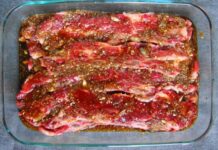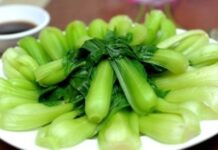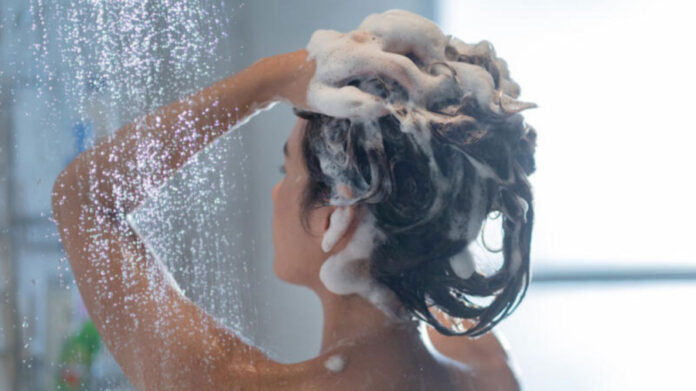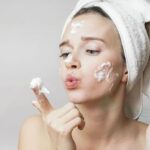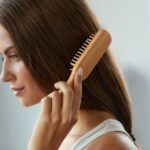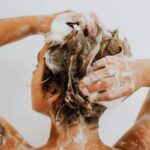Avoid Extreme Water Temperatures When Shampooing
Using cold water for shampooing can cause blood vessels in the scalp to constrict suddenly, leading to dizziness and headaches. It also increases the risk of stroke, especially during colder days. On the other hand, hot water can strip the scalp of its essential oils, leading to dryness, flakiness, and an increase in dandruff. It can also make your hair drier. Instead, opt for lukewarm water to effectively remove excess oil and dirt while promoting relaxation and improved blood circulation, reducing headaches.
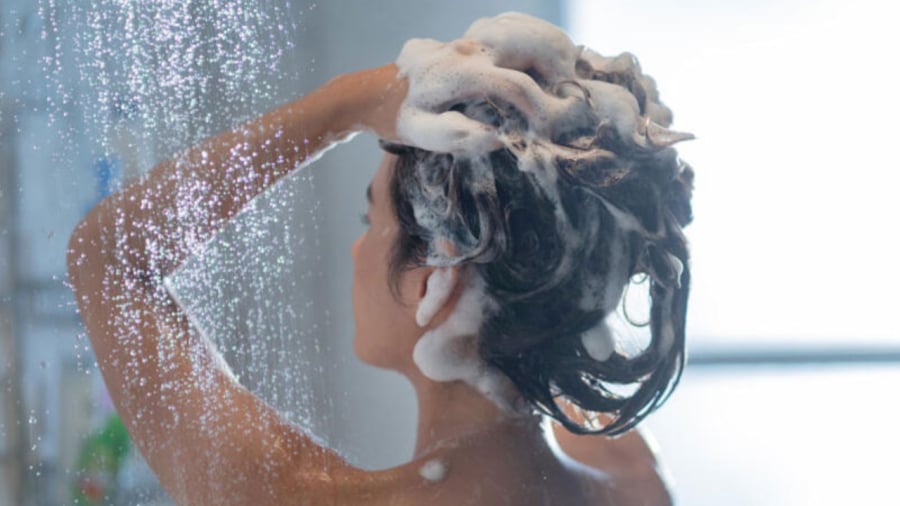
Avoid very cold or very hot water when shampooing during winter.
Shampooing in the Early Morning or Late at Night
The early morning and late at night are when temperatures are at their lowest. These are also times when your body needs rest. Avoid showering and shampooing during these periods. The head is susceptible to catching a chill, causing nerves to contract and leading to blocked blood vessels. This can result in serious consequences such as facial paralysis, distorted mouth, stroke, and life-threatening conditions.
Especially when your body is tired or you’ve just returned from work or exercise, refrain from immediate showering or shampooing. Individuals with weak constitutions, those suffering from conditions like hypertension, vestibular disorders, neurasthenia, or the elderly should avoid showering or shampooing during low-temperature periods.
If you must shampoo during these times, ensure you don’t stay under the shower for too long. After shampooing, dry and blow-dry your hair immediately, and avoid sleeping with wet hair.
Daily Shampooing
Shampooing every day is unnecessary and can impact your hair and overall health. During winter, daily shampooing increases the likelihood of catching a cold.
Shampoo Before Bathing
Many people have a habit of shampooing before taking a bath. However, this practice can cause sudden changes in body temperature, leading to vascular constriction and blood clots, which are dangerous. Incorrect bathing order can also cause sudden changes in blood pressure.
Additionally, shampooing before bathing keeps your head wet for an extended period, increasing the chances of catching a cold, headaches, dizziness, etc. Instead, start bathing from the neck down and then shampoo your hair afterward.
The Secret to Boiling Crabs to a Beautiful Red Hue, With Tender and Flavourful Meat, Without Breaking the Claws.
Crabs and crayfish are beloved seafood delights for many, thanks to their succulent and sweet meat, packed with a punch of flavors. Those who fancy seafood will undoubtedly relish the steamed crab/crayfish, a mouth-watering delicacy. The mere thought of indulging in this delectable dish, slowly peeling off the shell and dipping the tender meat into a spicy mustard sauce, is enough to tantalize the taste buds of any seafood enthusiast.












